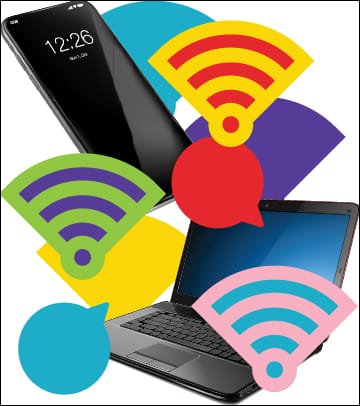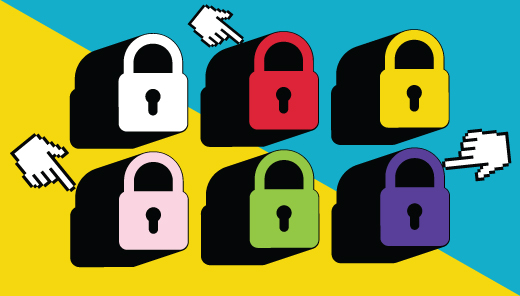A virtual private network (VPN) is a secure connection between two points, such as your laptop and a Wi-Fi router, or between your laptop and your business network. You can think of a VPN as a tunnel. By using this tunnel, you can send and receive data more securely.
Protect your digital privacy
A VPN is a secure connection - think of it as a tunnel - between your device and the internet. A VPN provides you with additional security and privacy while you’re online because it can ensure all of your data is secure and encrypted before it reaches its destination. While most applications on your mobile device or computer use encryption to secure the data you send, using a VPN helps ensure that all the data being sent is protected.
A VPN is particularly useful when you are travelling or connecting to networks that are not your home network. Connecting through a VPN that adds a layer of encryption to further protect the confidentiality of the information you send over the internet.
Many businesses use VPNs to protect their networks from cyber threats. When employees connect to the business network remotely, with their work devices or personal devices, a VPN will encrypt data and protect the business network.
Choosing a VPN
VPNs can come in the form of browser extensions, device apps, or as part of your router. Do some research to find out which type of VPN is best suited to your needs.
Keep in mind that some VPN services focus on masking your identity online (i.e. your IP address) from the site you visit, rather than protecting your data. Choose a VPN that encrypts your data.
Make any network more secure

Use a VPN on every device
VPNs aren’t just for laptops and computers. Many VPN services also have apps for mobile devices, smart TVs, and consoles. Install a VPN wherever possible to keep all your connected devices secure.






